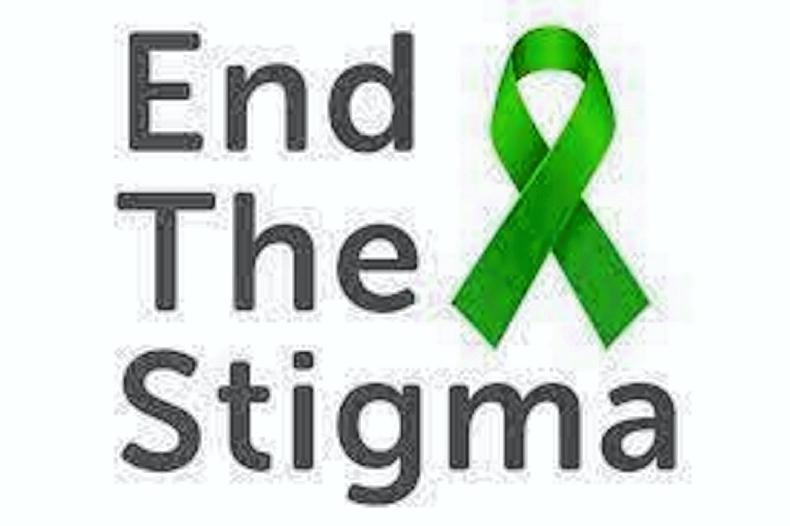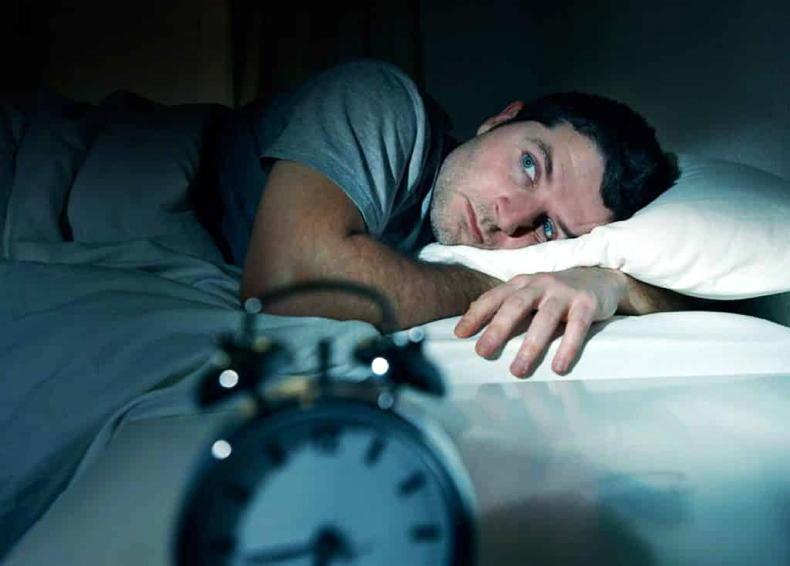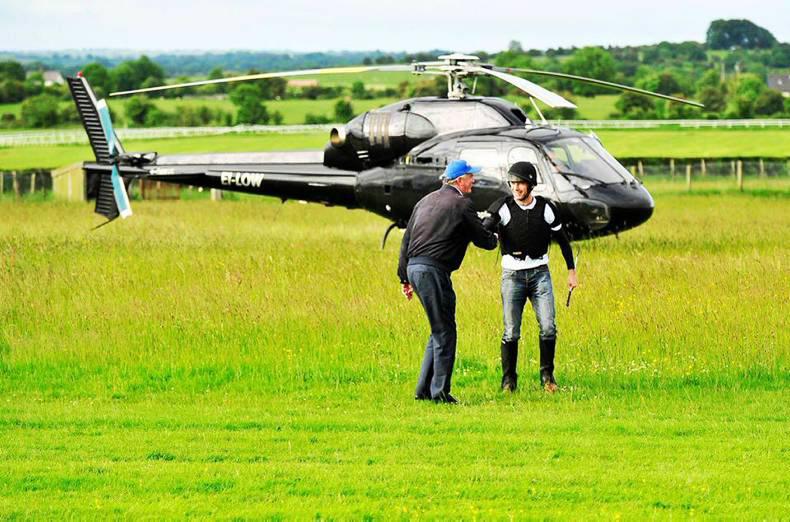ALREADY considered an industry leader with regard to the education and sports science support of jockeys, Irish racing has added a significant string to its bow where riders’ welfare is concerned with the purchase of high-spec DXA Scan machine, which is located at the RACE training academy in Kildare town.
Senior medical officer of the Irish Horseracing Regulatory Body, Dr Adrian McGoldrick described the move as a “very exciting step in the care of our riders” at the unveiling of the bone scanner in RACE on Tuesday.
Costing almost €100,000, the machine was purchased by Irish Injured Jockeys, with a considerable share of the funds required raised by trainers Robbie McNamara, who had his riding career cut short by an accident that left him paralysed from the waist down, fellow handler Tom Hogan and point-to-point secretary Frankie Ward.
“We have been carrying out research on riders since 2003,” said Dr McGoldrick. “Part of that research has been into the bone health of our riders. We know that a significant percentage have bone-thinning to a greater or lesser degree, with subsequent implications for their health.
“Prior to this, we were using different centres, depending on availability. However, for the consistency, the ideal is to use the one scanner repeatedly. This we can do now do. Also our riders had to travel to Dublin or Limerick in this past. Now, it is very central.”
The ability to compare scans is vital in terms of assessing deterioration or progress and as stated by Dr McGoldrick, this is not possible when different machines are used.
A DXA scan has been described by DXA clinical specialist Catherine Corry, who will be operating the IIJ service, as “the gold standard test” for measuring bone density and diagnosing osteoporosis, a condition where the bones become porous. Critically, the levels of radiation used are minimal.
“The amount of radiation is less than that used in a tooth X-ray” remarked Corry. “It is negligible.”
At present, there are 83 DXA scanners in Ireland but, according to Corry, the device at RACE contains top of the range software, particularly for measuring visceral fat around the organs.
Jockeys can be susceptible to visceral fat if they are attempting to make weight while not on a healthy diet. Genetics are also a factor. Visceral fat is a contributory factor in heart conditions, strokes, diabetes and depression.
According to McGoldrick, body fat information could be used to advise riders, where appropriate, to make a career change from flat to National Hunt.
The scan is available to all jockeys but the long-standing aim is to scan jockeys regularly from the time they get their licences to ride. This will ensure that they can get the best nutritional and exercise as a result of the combination of their medical history, genetic history and lifestyle information advice.
The results of the scan will be sent to the senior medical officer, who will recommend lifestyle changes to enhance the bone health if required, such as weight-bearing exercises, improved nutrition, calcium supplements or a combination of all three.
Regular scans will indicate the progress or otherwise of the treatment.
The DXA scanner will be available to the general public, once patients have been referred by their GP and made an appointment. Their results will be returned to their GP.
The general manager of Irish Injured Jockeys, Michael Higgins, praised the continuing contribution of Dr McGoldrick and revealed that the purchase could be attributed to “the persuasion of Adrian, who always has the best intentions of the jockeys very much at heart.”
He also thanked those that supported IIJ fundraisers and made donations privately.
Others in attendance at the launch included Irish Jockeys Association secretary Andrew Coonan, RACE director Keith Rowe and training manager Orlagh Rice.
Also present were HRI industry and training education officer Paddy Ryan, Dr SarahJane Cullen, exercise physiologist and researcher with the IHRA, and one of the brains behind the Jockey Pathway that coordinates education and sport science support for Irish jockeys, and Arthur Dunne, who is carrying out a PhD project on bone health in jockeys under the supervision of Dr Cullen.


 This is a subscriber-only article
This is a subscriber-only article
 It looks like you're browsing in private mode
It looks like you're browsing in private mode










SHARING OPTIONS: